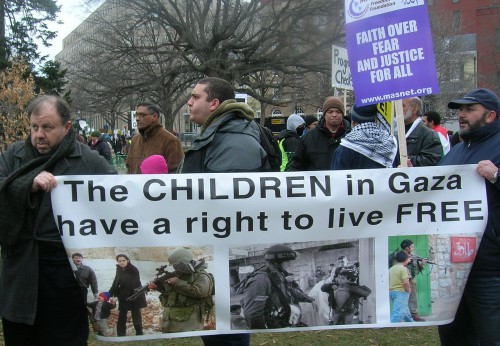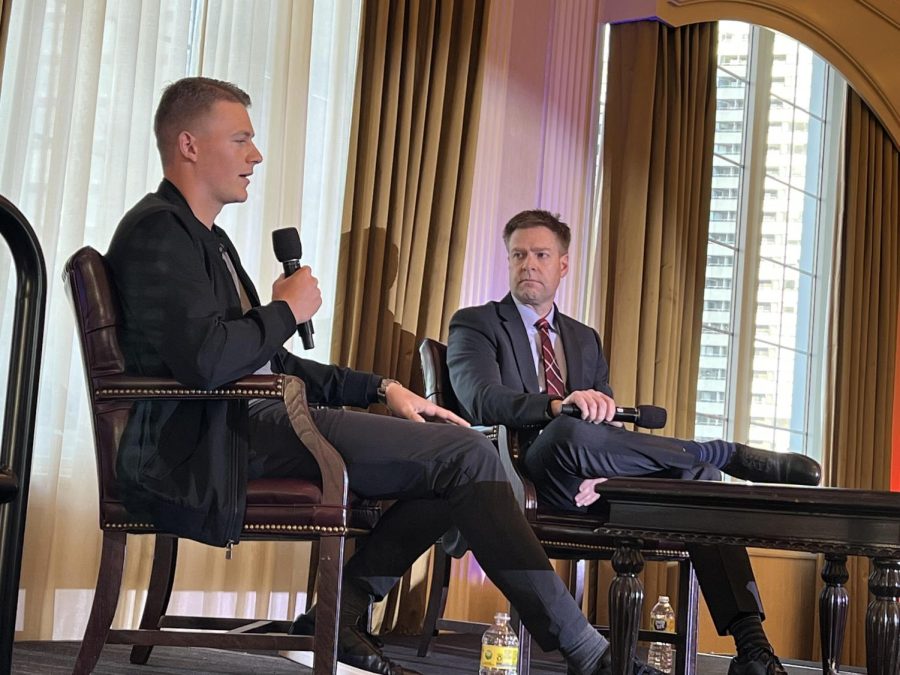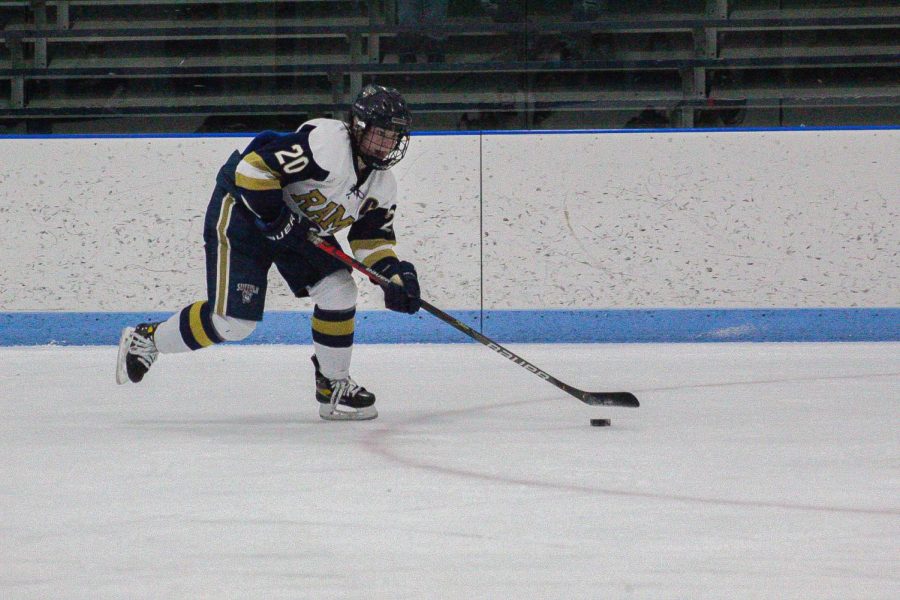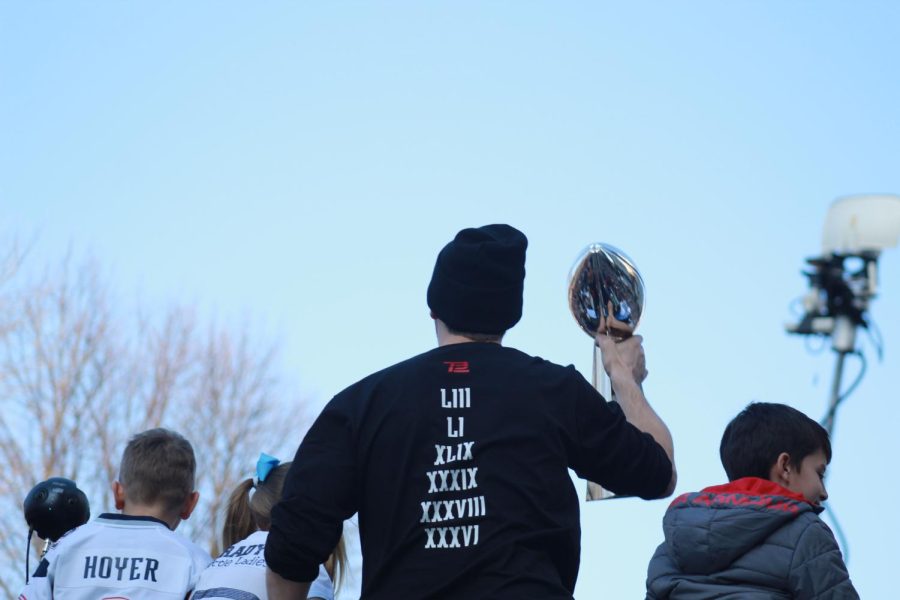By Yasmeen Hamdoun
The biased U.S. media is one of the reasons why Students for Justice in Palestine chapters have sprung up all over U.S. campuses. SJP attempts to serve as an alternative media source that exposes the reality of Palestinians who are constantly suffering under the occupation, apartheid policies, and endless human rights abuses they are subjected to due to the State of Israel.
A scholar at the Center for Middle East Studies, Mohammed Elmasry, said that a study conducted by Yousef Munayyar “revealed that a total of 45 Israeli officials were interviewed by CNN, compared to just 20 Palestinian officials, [and] an ongoing, but incomplete, analysis of this year’s violence by the Palestine Center shows that this is happening once more between June 30 and July 9, CNN interviewed a total of 17 Israeli officials, but just one Palestinian official.”
Elmasry writes that there is an extensive body of literature on the U.S. media’s coverage of Israel-Palestine, and all of them reveal the same thing: “Israeli perspectives are highlighted and legitimated, while Palestinian perspectives are marginalized.”
According to Marda Dunsky, a journalist and professor at Northwestern University, coverage on the situation in Israel-Palestine lacks context and fails to address its root causes. Dunsky believes this bias to be “implicit in the absence.” In other words, due to the lack of context provided, U.S. media coverage outwardly favors Israel.
If the media were to educate the public about the fact that during and after 1948, Zionists forcibly expelled several hundreds of thousands of Palestinians from their homes, forcing them to flee to other countries as refugees, would we view the actions of Palestinian resistance groups differently? What if they were to start off by acknowledging the list of injustices Israel commits against Palestinians on a daily basis? This includes subjecting them to military checkpoints, home demolitions, settlement building in Palestinian territories, unwarranted arrests and indefinite detentions, siege and occupation, control of all their resources, and trapping them in essentially an open air prison due to the apartheid wall and blockade?
The situation is painted as a “conflict” or a “war,” as if there are two equal sides fighting. In reality, it is the oppressed Palestinian struggle against their oppressor – the Israeli government.

Hamas relies on homemade rockets that cause little damage because they do not have an army. The weaponry of Palestinians compared to that of the Israeli government respectively is like comparing a sword to a drone. Everything that comes and leaves Palestine is under the control of Israel. To focus on Hamas’ faults in sending rockets is to say that an oppressed people, after 66 years of living under Israel’s brutal occupation and apartheid, do not reserve the right to resist and defend themselves.
Many say that Hamas is at fault for initiating the fighting. But contradicting claims made by the Israeli government makes us question the legitimacy of such accusations. First, they blamed Hamas for kidnapping teens but later attributed the kidnappings to a “lone cell” loosely affiliated with Hamas. They have no evidence to support their claims.
These allegations came at a very interesting time, just shortly after the Fatah- Hamas alliance that had enraged Israel. Even the U.S. did not condemn this alliance despite pleas by Israel, which made the Israeli government angrier. Upon further research, evidence points to the idea that the kidnappings were a well-thought out propaganda scheme and false flag operation to ruin the recent Palestinian political advancements and, once again, throw Gaza into destruction.
A Latino student who came to the SJP table at Temple Street Fair told me that the moment he realized our media was biased toward Israel was when he compared the coverage of the attack he saw in Venezuela to the coverage he saw in the U.S. The pro-Israeli bias in U.S. media was in sharp contrast to Venezuela’s coverage which sympathized with the Palestinians who were victims of intense bombings on their own stolen land and condemned the brutal actions of their Israeli occupiers.
The mainstream news outlets in the U.S. are often censored in agreement with the government’s political stances and opinions, and Israel is a close ally of the U.S. In addition, powerful organizations such as the Committee for Accuracy in Middle East Reporting in America devote their efforts to censor American journalists who reveal the truth about Israel and Palestine. Thus, we get this distorted, biased picture of Israel-Palestine, which completely disregards the reality of the situation.











